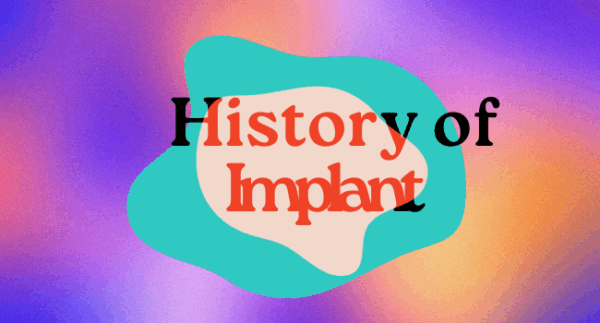Contraceptive Pearl: Emergency Contraception Awareness
Even though progestin emergency contraception (EC) is now available over the counter, health care providers continue to play an important educational role. Women and teens who discuss EC with a clinician are more likely to understand what EC is, where to get it, and how to use it.
Over the past 10 years, women’s awareness and knowledge of EC has increased. According to a recent study (n=339) conducted in New Mexico, 96% of women know that EC is available in the US and only 20% believe that EC is the same as the abortion pill.
The New Mexico study found a strong correlation between discussing EC with a clinician and EC use. In a 2003 study by the Kaiser Family Foundation (KFF, n=1,151), only 7% reported receiving EC from their clinician and 90% said they had never discussed EC with their clinician. Health care providers should continue to educate patients about what EC is and how to get it.
For women/teens who are overweight (BMI over 26), progestin EC has low efficacy. Ulipristal EC works better for overweight patients – however, a prescription is required.
Most women ovulate AFTER taking EC pills, raising the risk of pregnancy with repeated unprotected intercourse. It’s a great idea to start an ongoing method (“quick start”) the same day as EC.
Don’t forget! The Copper IUD is an extremely effective form of EC. It works well for women/teens of any weight, and it provides ongoing contraception for up to 12 years. The copper IUD offers EC and ongoing contraception in a single device.
Helpful Resources
Emergency Contraception: Which EC is Right for Me?
Sources
Pharma-free
The Reproductive Health Access Project does not accept funding from pharmaceutical companies. We do not promote specific brands of medication or contraception. The information in the Contraceptive Pearls is unbiased, based on science alone.

